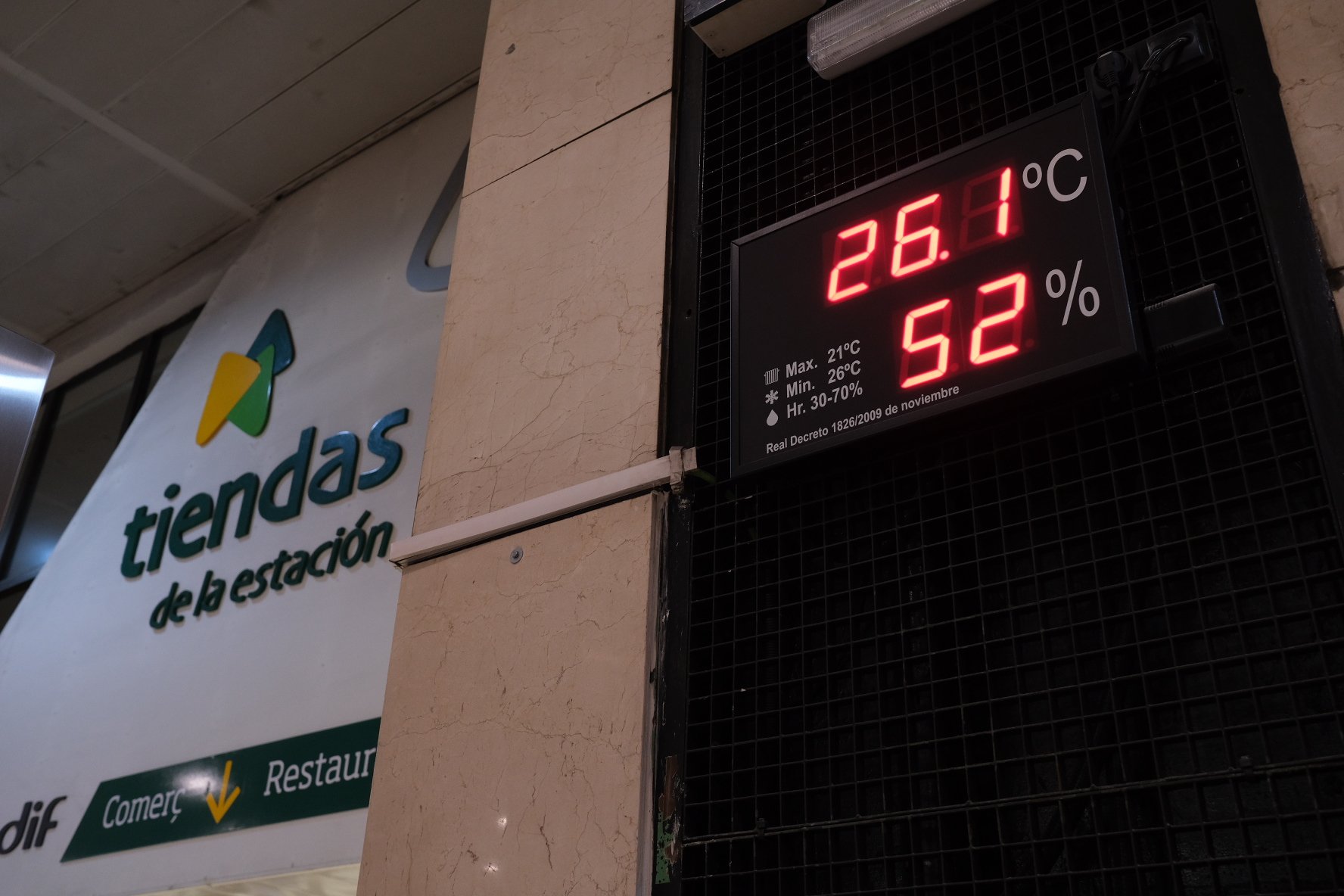In the midst of one of the hottest summers ever recorded, the Spanish government has approved a package of energy saving measures with the intention of reducing gas consumption by 7%, a figure agreed with fellow EU member states in Brussels - most of which will themselves be cutting their own gas consumption by 15%, but have agreed on lowers target for countries less integrated into the European gas network, like Spain. The measure that has attracted the most attention is the one that limits air conditioning temperatures in summer to a minimum of 27 degrees and limits heating in winter to a maximum of 19 degrees. But this is just one of a set of directives that will affect people across the Spanish state, and moreover, the measures in the decree issued on Monday night are a first installment of those that will be applied in September when, as Spain's third deputy PM Teresa Ribera has warned, the package will be reviewed and expanded. Below, we detail the energy saving measures approved by the Spanish government:
1: Air conditioning and heating limits
According to the official government gazette published on Tuesday August 2nd, the Spanish government considers that "saving energy is the fastest and most economical way to deal with the current energy crisis and reduce bills". Specifically, it focuses on the air conditioning of spaces as one of the areas with the highest potential savings and that is why the star measure, and also the most controversial, refers to this issue. Thus, the limits imposed on temperatures are a maximum of 19 degrees Celsius for heating and a minimum of 27 degrees Celsius for air conditioning or cooling, in offices both public and private, commercial establishments, cultural spaces and transport facilities. However, as the minister Ribera subsequently detailed, there will be some flexibility with this minimum air-con temperature depending on the activity of the activity of each business: a minimum of 25 degrees Celsius will be possible in bars, restaurants, and some other types of establishments such as gyms where the activity is not sedentary.
2: Lights out in shop windows and spaces after 10pm
From 10pm shop windows cannot be lit, with the intention of saving electricity, and the same applies to public buildings that are unoccupied at these hours. This measure has been harshly criticized by Madrid regional president Isabel Díaz Ayuso, who has considered that it discourages retailing and tourism.
3: Automatic door closing
This measure affects retail premises in particular, since they are the ones that most frequently use these kinds of doors. The directive: exterior doors must be set to close automatically, even in the case of spaces that are air-conditioned with renewable energy. The regulation says that the system "could consist of a simple door-closing arm", that is, of a hydraulic type, but the regulation applies to all exterior doors in the premises included in the regulations, another common type being the fully automatic motion-sensor doors. Closing the doors saves a large amount of energy by preventing the dispersion of the air which has already been cooled.
4: Signs and notices
A further measure, also aimed at commercial premises, intends to raise awareness among the public as a whole at a time when many are thinking mostly about holiday relaxation. For this reason, premises and buildings are required to incorporate explanatory posters on the mandatory saving measures, also adding other measures that are being adopted to reduce energy consumption at a time of greatest need.
When do they start and for how long do they apply?
The energy saving measures come into effect on Wednesday 10th August throughout the Spanish state and are intended to be in effect until November 1st, 2023 - over 15 months. However, as the minister Ribera detailed, since the norms are likely to be revised and extended during the month of September, the duration may also change according to the needs and context of the moment. The Spanish government, explained the third deputy PM, believes it is essential to put some of these measure into action immediately and not wait for the return from holidays, given the exceptional situation of the energy crisis.

